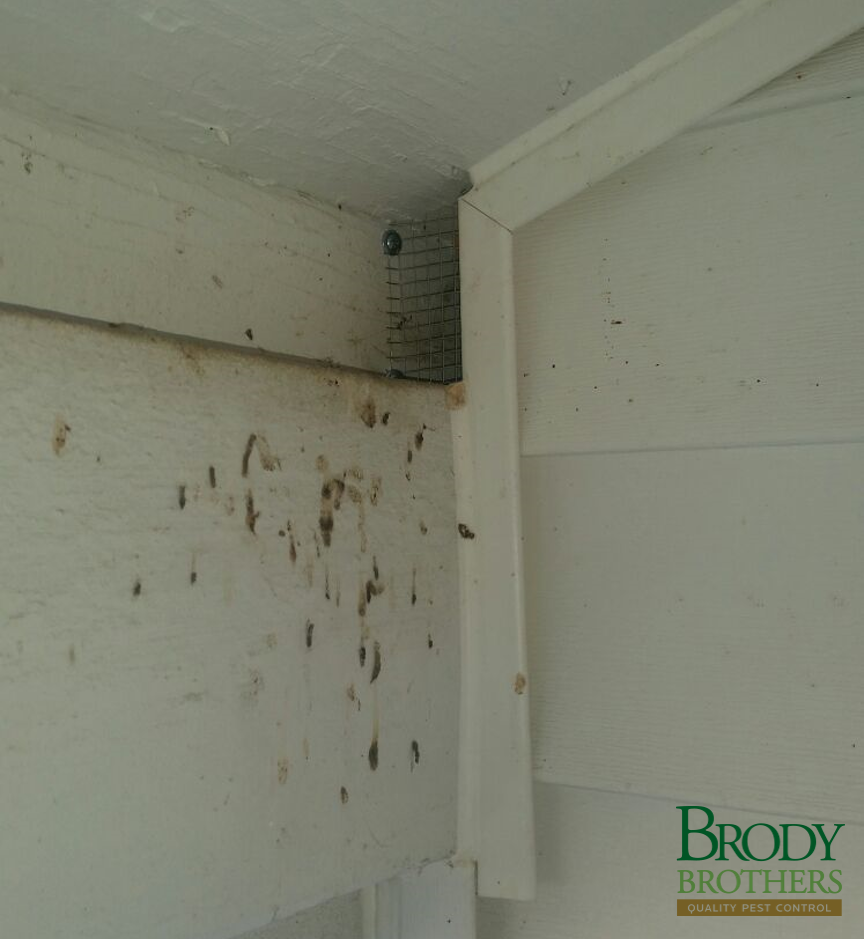
House sparrows are small, pretty birds that take up residence in and around commercial buildings and homes throughout North America. Despite their innocent appearance, they are anything but good for human health.
About the House Sparrow
The house sparrow was introduced to Central Park in New York City in 1850 by way of England. While the house sparrow is very beautiful to look at, this bird has displaced many other birds. House sparrows are very aggressive when defending their nesting places, which leaves fewer spots for songbirds. They are known carriers of over 29 diseases and ectoparasites, and their droppings deface buildings.
House sparrows only weigh one ounce, but they eat ¼ of their weight every day in grains, seeds, discarded food, and insects. They are most frequently found in cities during cold months, where they nest in buildings, vents, street signs, and awnings.
Keeping House Sparrows Out of Your Home
As with most pests, the best way to get house sparrows out of your home is preventing them from entering in the first place. Exclude any potential nesting spots from your structure and keep your eyes peeled for any nesting activity.
Are you worried about evicting baby birds and a nest? You don’t need to wait very long! House sparrows lay 5-6 eggs at a time that will hatch in only 10-17 days. After another 2 weeks, the baby birds will leave the nest. The best time to evict house sparrows is after babies leave the nest, as they can have up to 5 broods a year.
Protect Your Property from House Sparrows
To protect the songbirds on your property from house sparrows and prevent a flock from taking up residence in your yard, you should take the following steps:
- If you have nesting boxes in your yard and have had birds attacked in the past, relocate them to another area that is at least 100 yards away from any nests of house sparrows.
- Purchase or make a sparrow spooker. These are designed to protect bluebirds and tree swallows by hanging over nesting box lids to scare away house sparrows.
- Work with your pest control partner at Brody Brothers to determine how to best protect your birds. We have years of experience dealing with every type of pest, whether it has feathered wings or insect wings!

